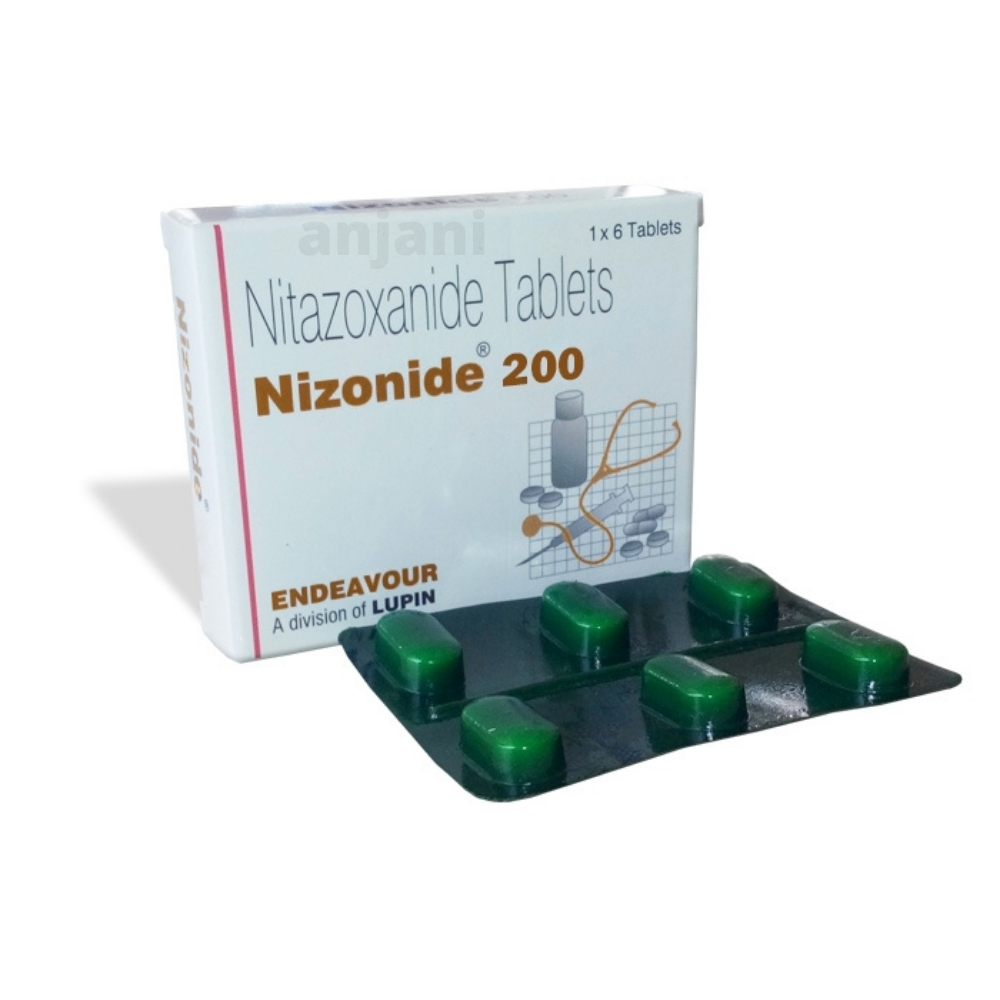The following is a brief introduction to the topic:
Attention Deficit Hyperactivity Disorder is a neurodevelopmental disorder that affects millions, including children and adults. Impulsivity is one of the hallmarks of ADHD. It can be manifested as impulsive behavior, hasty decisions, or difficulty in controlling inappropriate behaviors. It is important to note that impulsivity can affect many aspects of a person’s life. This includes academics, work, relationships, and everyday functioning. This article examines the relationship between ADHD, impulsivity and the challenges that individuals with ADHD face. It also offers strategies to improve decision-making, impulse control and impulse management.
Understanding ADHD
ADHD is a neurodevelopmental condition that can affect both adults and children. The disorder is marked by persistent patterns inattention, hyperactivity and impulsivity, which can significantly affect a person’s day-to-day life. ADHD can persist into adulthood even though it is usually diagnosed as a child. It can cause problems in the workplace, in relationships and in education. ADHD can have a negative impact on the way you perceive time.
Understanding Impulsivity in ADHD
The concept of impulsivity encompasses a number of key elements:
Cognitive Impulsivity: This is a problem with thinking through the consequences of decisions before taking them. People with ADHD can make decisions quickly without thinking through the consequences.
Motor Impulsivity is the act before you think. Fidgeting, tapping or other physical behaviors can be a manifestation of ADHD.
Emotional Impulsivity Emotional impulsivity is the rapid and intense emotional reactions that individuals with ADHD can experience. They can become easily frustrated, angry, or overly excited without a corresponding stimulus.
Impulsive Speech: Impulsive speaking can be a sudden outburst of comments, or interruptions during a conversation without waiting or thinking.
The ADHD Time Warp
Individuals with ADHD can experience time as a fluid, unpredictable entity. They have difficulty estimating the length of tasks and planning their activities. This is commonly known as “time-blindness.” It’s important to understand the brain and cognitive mechanisms that are at work in order to fully grasp why this happens.
ADHD can cause impulsivity, which has a negative impact on many areas of your life.
Academics: Impulsivity may cause problems with tasks that demand planning, organization and sustained attention. Examples include studying, completing homework or taking exams.
Workplace: Impulsivity can make it difficult to follow instructions, complete tasks and interact with co-workers in a professional and measured manner.
Social Relationships – Impulsivity can cause misunderstandings, frustration or conflict in relationships, especially when people with ADHD react impulsively or perceive criticism.
Health and Safety: Impulsivity in some cases can be dangerous to your health and safety. For example, reckless driving, risky behavior, or impulsive drug use.
ADHD and Impulsivity: Challenges for People with ADHD
It is important to identify the specific challenges associated with impulsivity in order to address it.
Inattention to Consequences : People with ADHD can have trouble appreciating or considering the possible consequences of their choices, which leads to impulsive decisions.
Emotional Dysregulation Emotional impulsivity may result in mood swings and heightened emotions, as well as difficulties managing frustration, anger or excitement.
Relationship strain: Impulsivity may cause relationships to be strained, since impulsive actions can lead to misunderstands, arguments or conflicts.
Work and Academic Issues : Impulsivity may interfere with academic and work performance by making it difficult to follow instructions, complete tasks and meet deadlines.
Risk-Taking Behaviors: Impulsivity may lead to risky behavior, such as substance use, reckless driving, or impulsive decisions.
Improve your decision-making and impulse control with these strategies
Individuals with ADHD must improve their decision-making skills and impulse control to succeed in both the personal and professional world. Here are some practical ways to manage impulsivity.
Recognize Impulsivity
First, recognize impulsivity in your decision-making process. Encourage people with ADHD to become self-aware of their impulsive tendencies.
Cognitive-Behavioral Therapy:
CBT is a highly effective way to teach individuals with ADHD to reframe and challenge negative or impulsive thoughts, leading to better decision making.
Delayed Gratification
Teach individuals how to delay gratification and wait for the outcome before making a decision. Encourage them to consider the possible consequences of their decisions.
Mindfulness and Relaxation:
Meditation, deep breathing and progressive muscle relaxation are all mindfulness practices that can help people regulate their emotions.
Social Skills Training
Individuals with ADHD can benefit from social skills training to improve their ability navigate relationships and social interactions. It is important to learn how to pause and think before you react.
Exercise:
Exercise regularly to reduce restlessness and improve impulse management.
Medication Management
Discuss medication options with your healthcare provider. Some medications can help individuals with ADHD improve their impulse control.
Self-Control Techniques:
Teach self control techniques such as “stop and think”, which requires you to take a moment before acting to consider all the possible consequences.
Time-Outs:
When impulsive behaviors become overwhelming, implement time-outs. A break can help you regain your composure.
Problem-Solving Skills:
Teach your students how to solve problems. For example, break a problem into smaller pieces and consider different solutions before choosing a course of actions.
Apps for Emotion Regulation:
Apps are available to track and manage emotions and impulsive decisions. These apps can offer valuable insight and tools to help with impulse control.
Social Support
Encourage people with ADHD to create a network of friends and family who can offer emotional support and understand their struggles.
Professional Guidance
Speak to a mental health specialist, such as an ADHD or impulse control therapist, counselor, or psychologist.
Achieving a good night’s sleep and nutrition:
Maintain a healthy diet and good sleep hygiene. Sleep and nutrition are important for impulse control and making decisions.
The conclusion of the article is:
In order to effectively address ADHD and its challenges, managing impulsive behaviors is essential. Better impulse control can lead to better decision making and success in academic and professional pursuits. It is possible to learn how to control impulsive behaviors, even though impulsivity can be a challenge for people with ADHD. Individuals with ADHD who recognize impulsivity and implement impulse control techniques can improve their decision-making abilities and live more fulfilled lives. Individuals with ADHD who receive the proper support and guidance can learn how to manage their impulsive tendencies and make better decisions.




